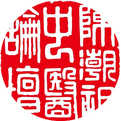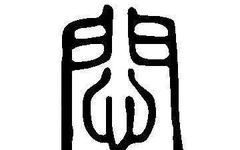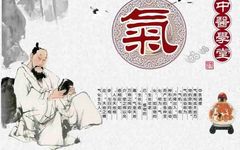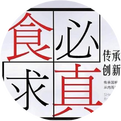Four Medicinal Ingredients to Regulate Your Qi: Effective for Qi Stagnation and Food Accumulation!
1 Qi stagnation syndrome (qì zhì zhèng) refers to a pathological state where the flow of Qi is obstructed and stagnant. The incidence of Qi stagnation syndrome is highest among middle-aged and elderly individuals, who often experience symptoms such as chest tightness, pain, or a feeling of fullness, with fullness being more prominent than pain … Read more










